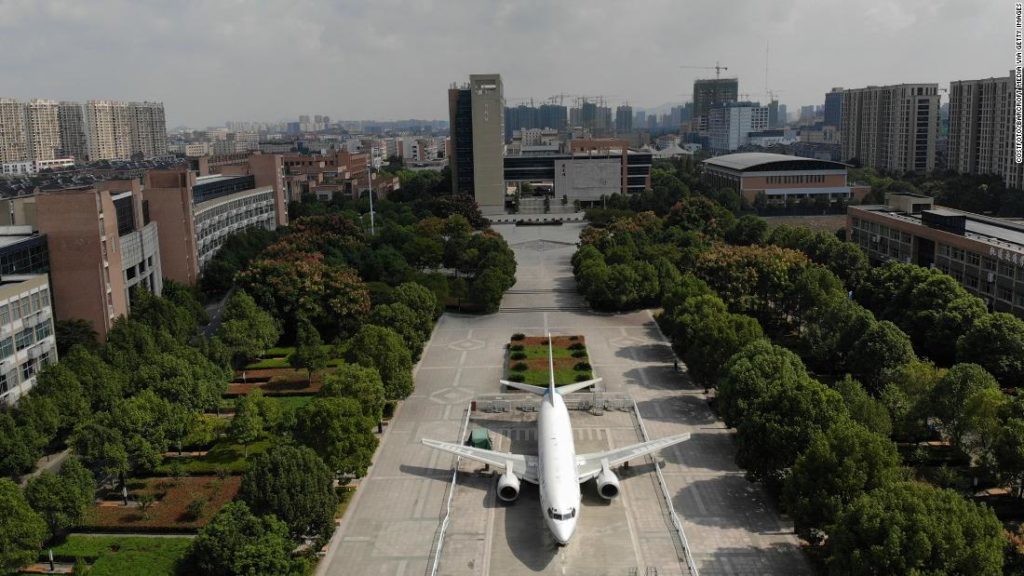The Civil Aviation Administration of China (CAAC) has yet to say whether it will allow the 737 Max to fly in the country after the US Federal Aviation Administration gave the green light for the plane to carry passengers earlier this week. While the US government was an important hurdle for Boeing to clear, it will need approval from other aviation regulators before airlines can fly the plane between international destinations.
The European Union Aviation Safety Agency, which oversees flights in Europe, has said it expects to take action in late December or early 2021.
CAAC did not respond to a request from CNN Business for comment.
A vital market
China’s approval isn’t just about allowing the 737 Max to fly in Chinese airspace again. Boeing’s business in China has been severely damaged by years of fighting between Washington and Beijing over trade, technology and intellectual property rights, and getting back on track will be a huge challenge.
The company’s China problems are “well out of Boeing’s control,” said Richard Aboulafia, vice president of analysis at Teal Group Corporation, an aerospace space consulting firm.
“In China, Boeing is prisoner to forces beyond mere aviation market dynamics,” he added. “It would be impossible for Boeing to not be wrapped up in this giant mess, involving trade barriers, [intellectual property] disputes, and tariffs.”
“Boeing remains compelled to grow its footprint in the China civil aviation market for economic and strategic reasons, alone,” said Alex Capri, research fellow at Hinrich Foundation and visiting senior fellow at National University of Singapore. “Failure to do this will cost the company [research and development] revenue and future opportunities to collaborate with strategic partners.”
Domestic competition
Boeing may face stronger competition as it seeks to get back on track in China.
Comac’s jets might be able to satisfy some demand in China in the next five-to-eight years, Aboulafia said, but analysts agree the planes don’t have the makings of a global competitor.
“As for [Boeing] losing market share to Comac, there’s no certainty when this might happen,” Capri said, adding that China has been trying unsuccessfully to build cutting edge jet engines and other tech for decades.
Capri added that Boeing has also been able to build a solid strategy in China by isolating its businesses in the country and keeping some of its more valuable intellectual property and other operations elsewhere. He pointed to a 737 plant in the Chinese province of Zhejiang, where the company accomplishes low-value tasks like installing interiors.
“Competing in the China market is always going to be a Faustian bargain,” Capri said. “But civil aircraft is no different than the situation for the automotive industry or semiconductors,” he said.
You may also like
-
UK coronavirus variant has been reported in 86 countries, WHO says
-
NASA technology can help save whale sharks says Australian marine biologist and ECOCEAN founder, Brad Norman
-
California Twentynine Palms: Explosives are missing from the nation’s largest Marine Corps base and an investigation is underway
-
Trump unhappy with his impeachment attorney’s performance, sources say
-
Lunar New Year 2021: Ushering in the Year of the Ox

